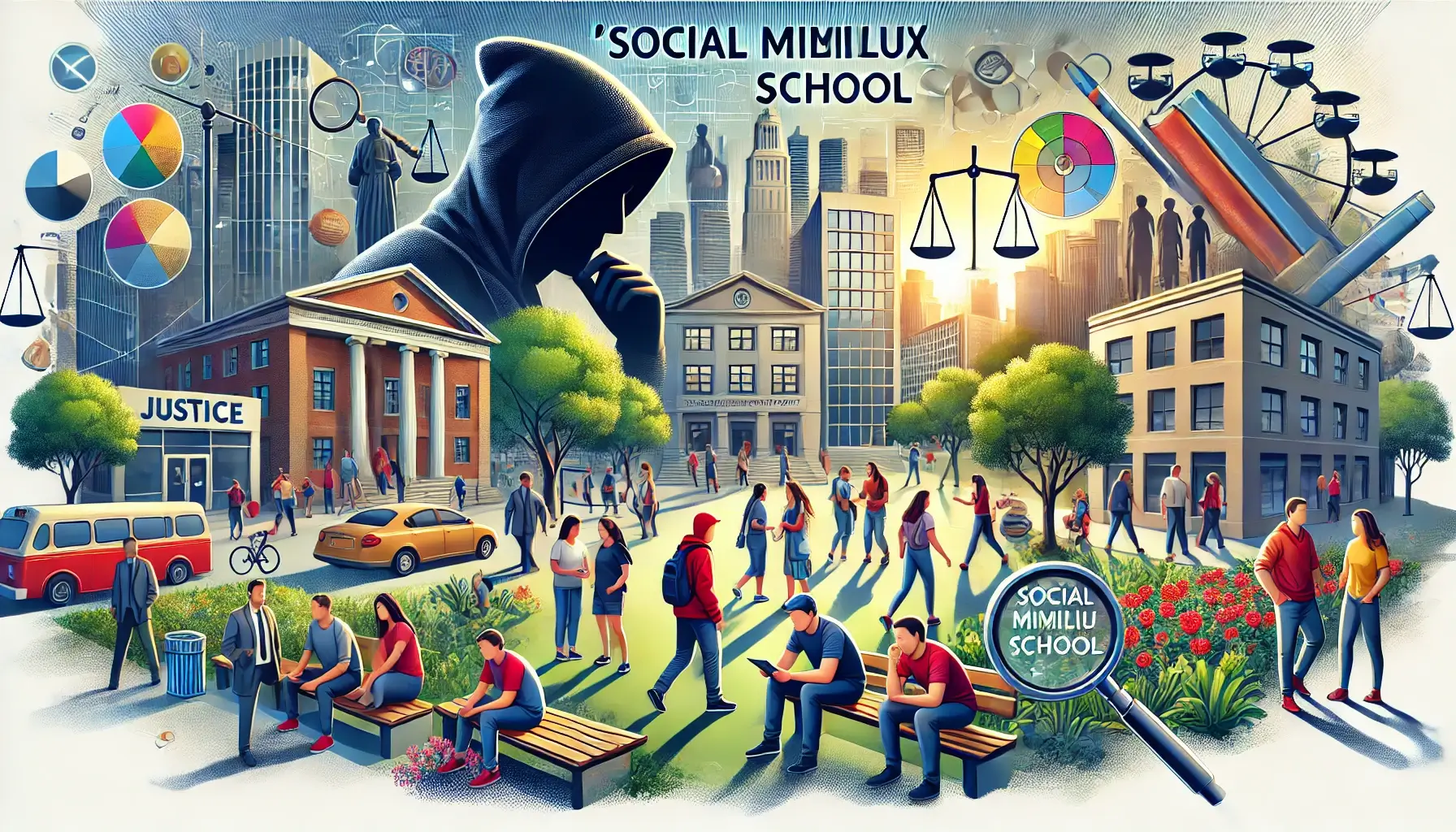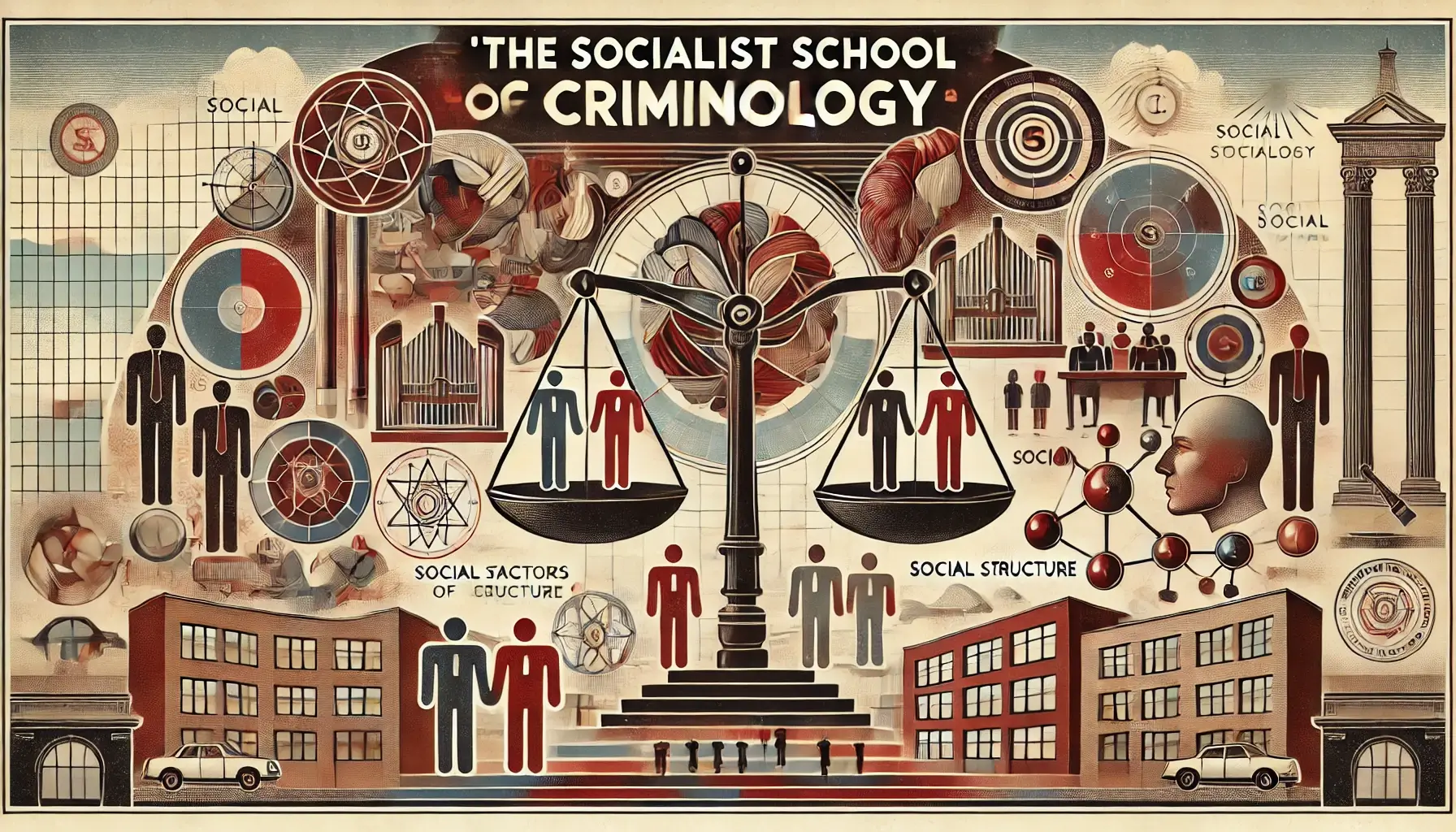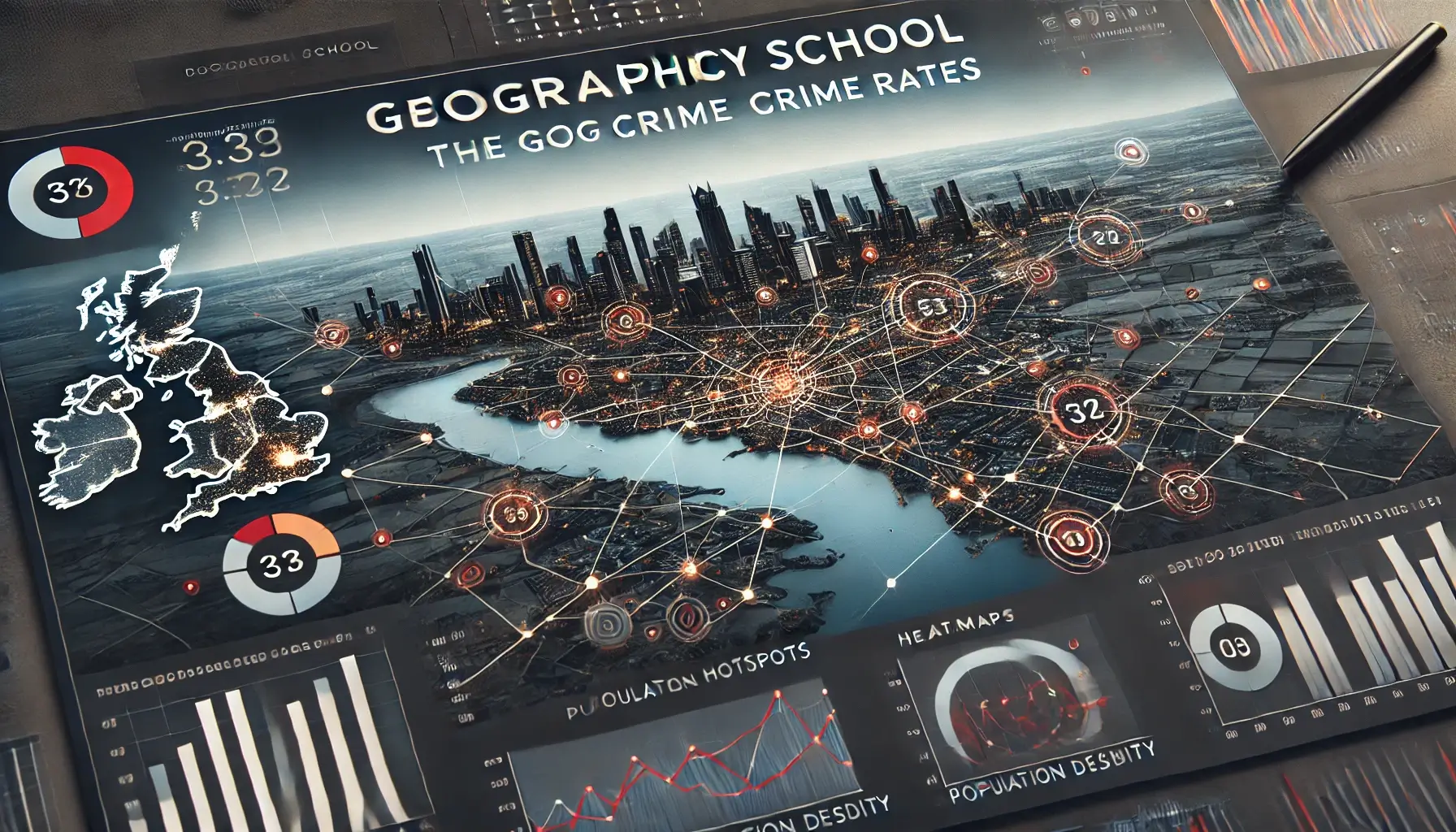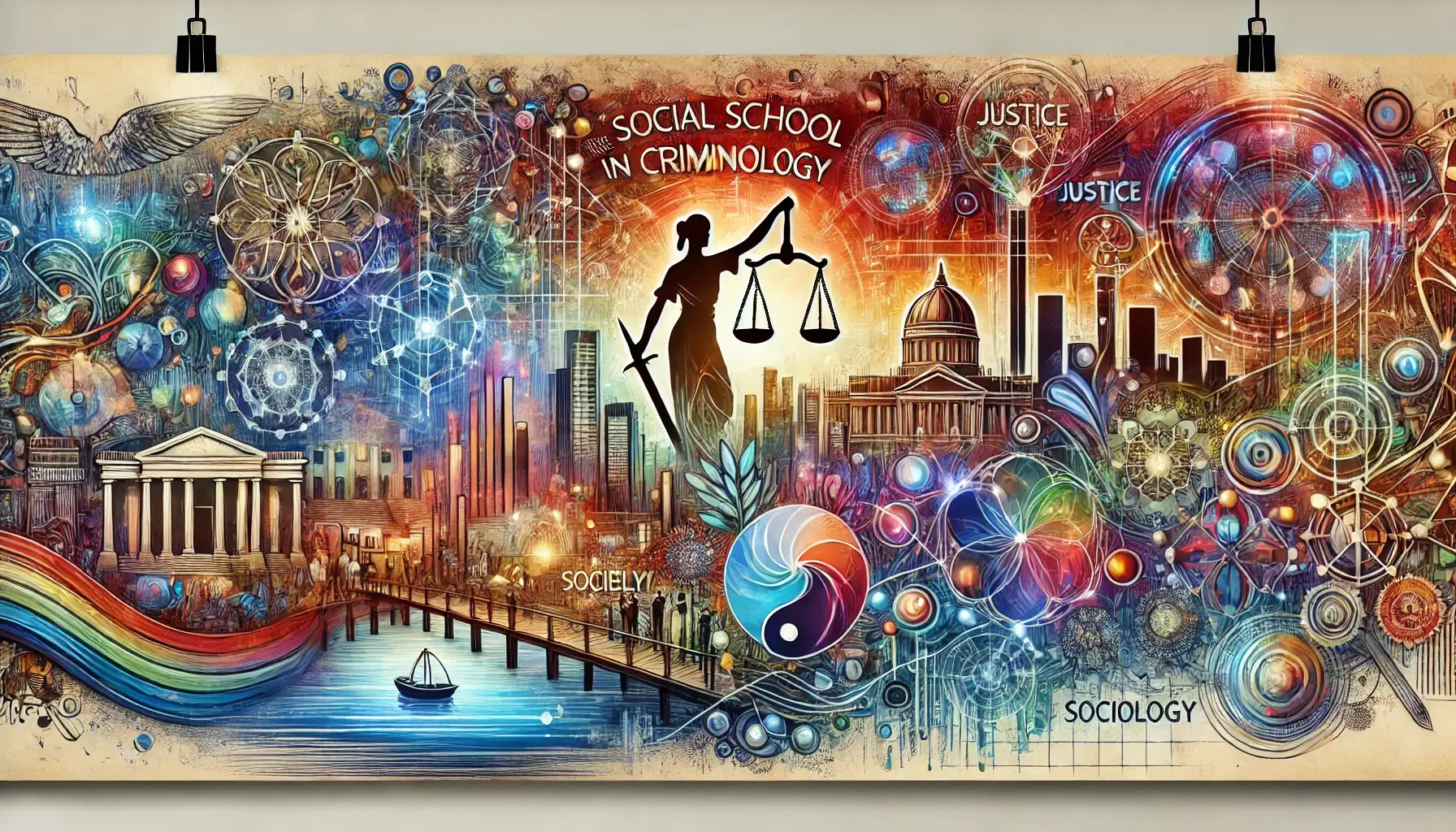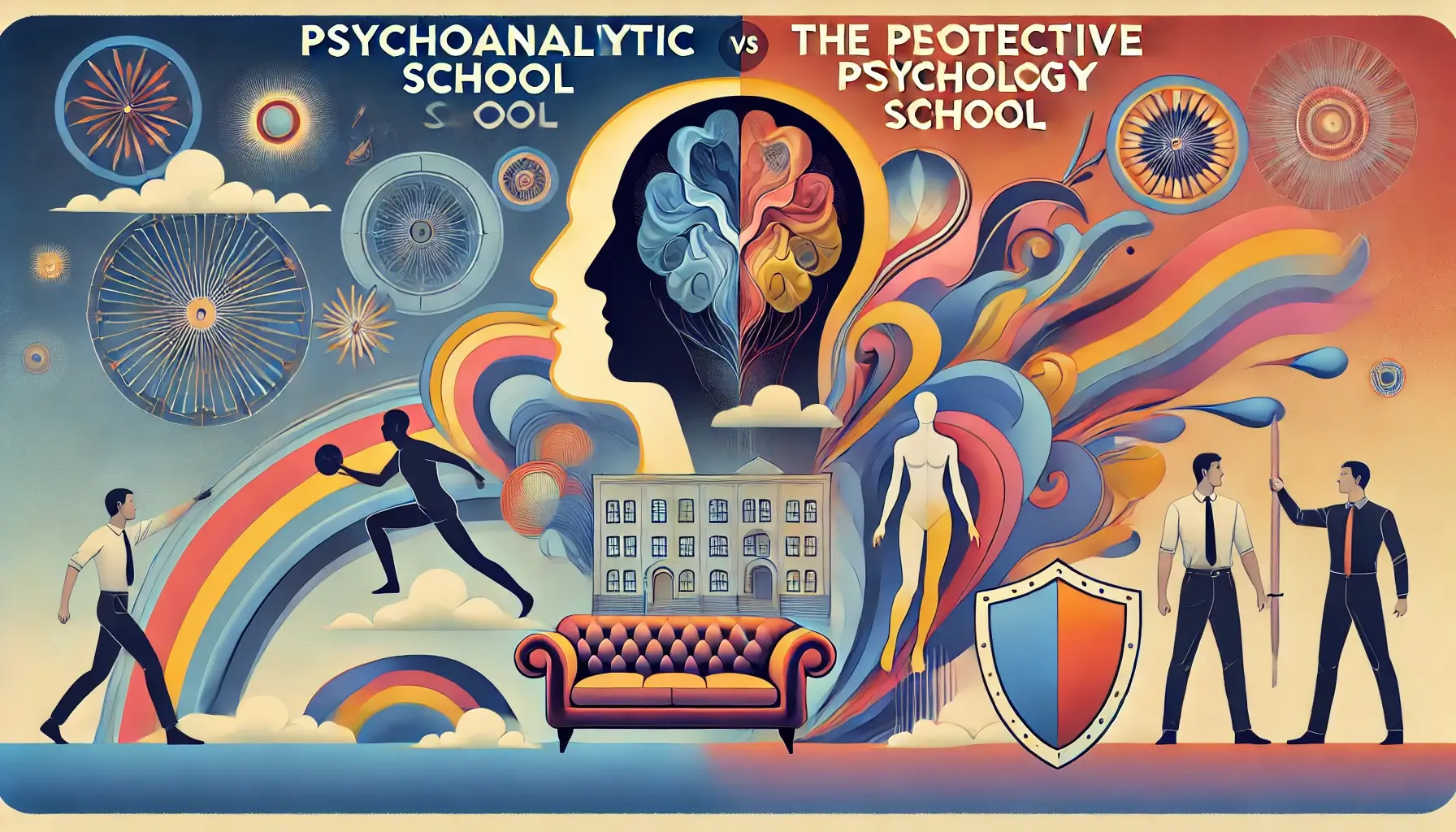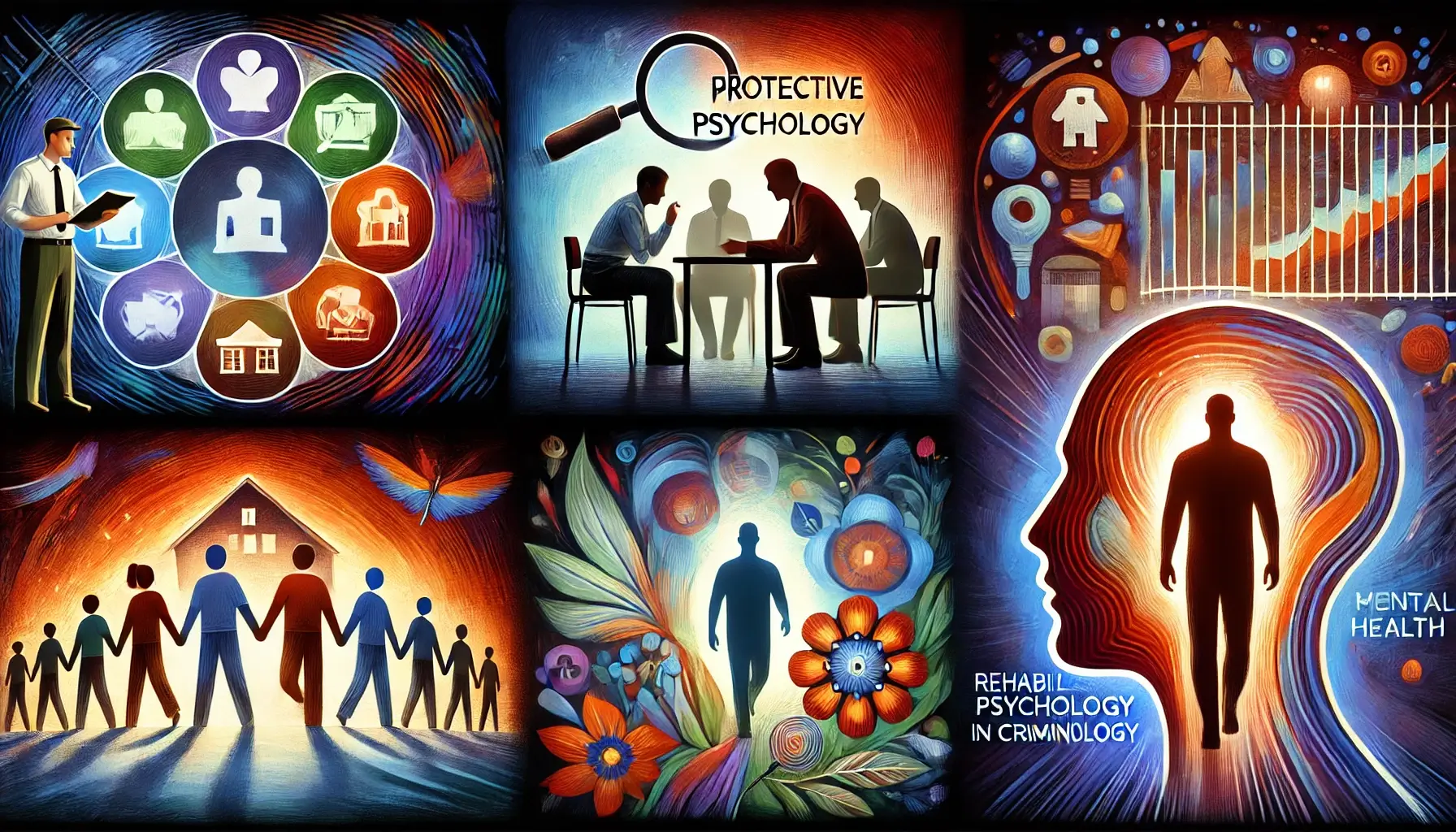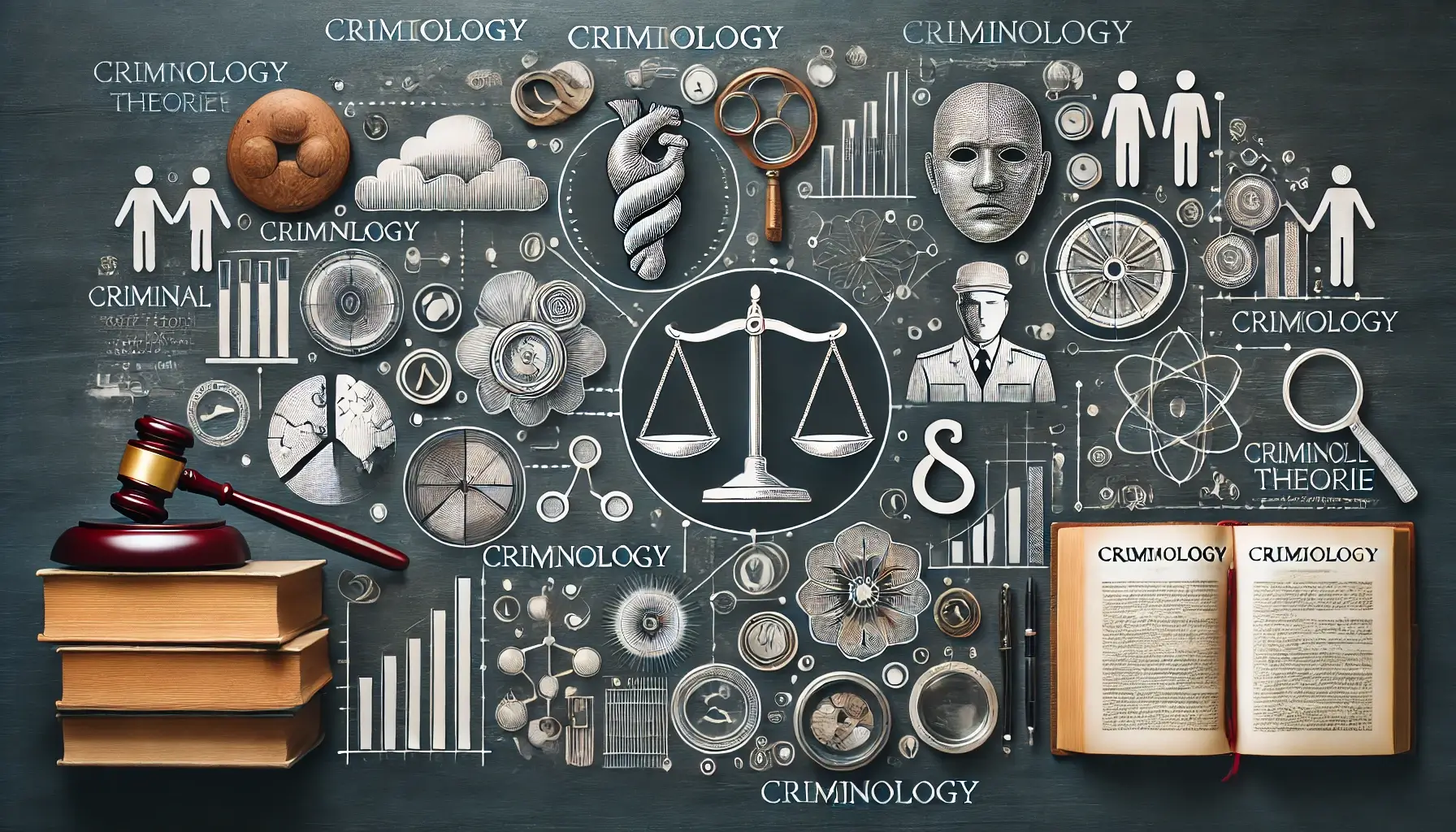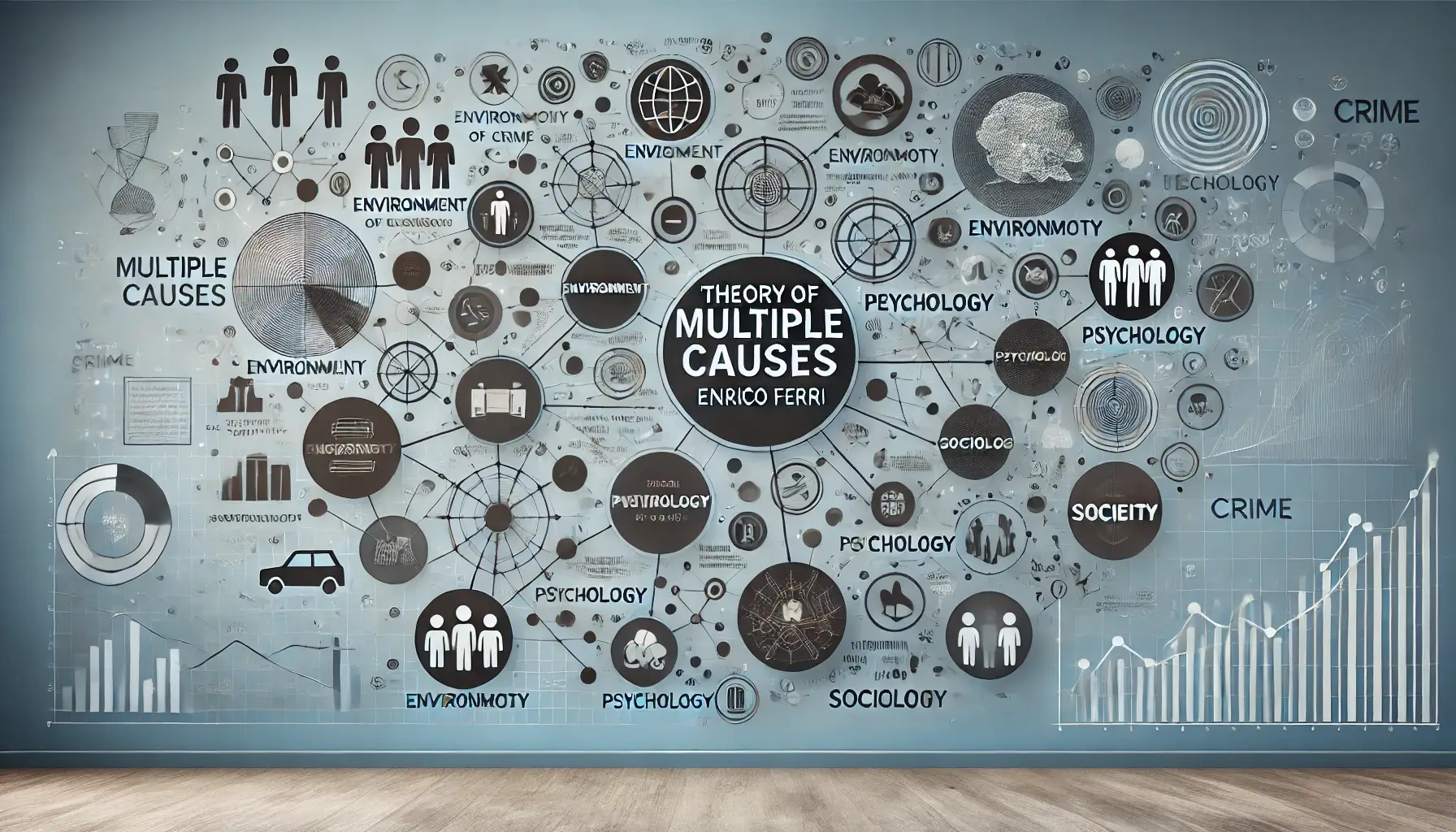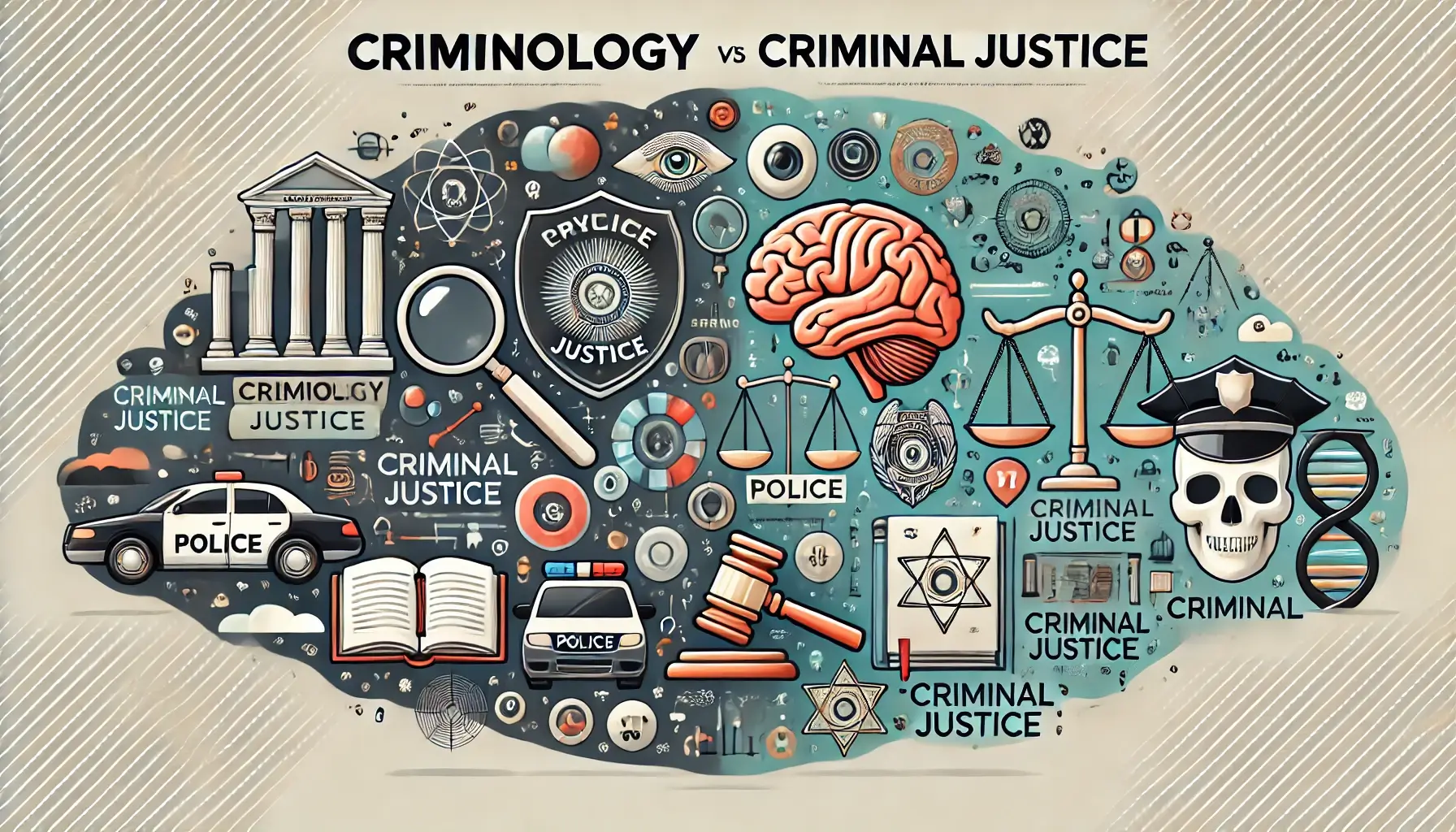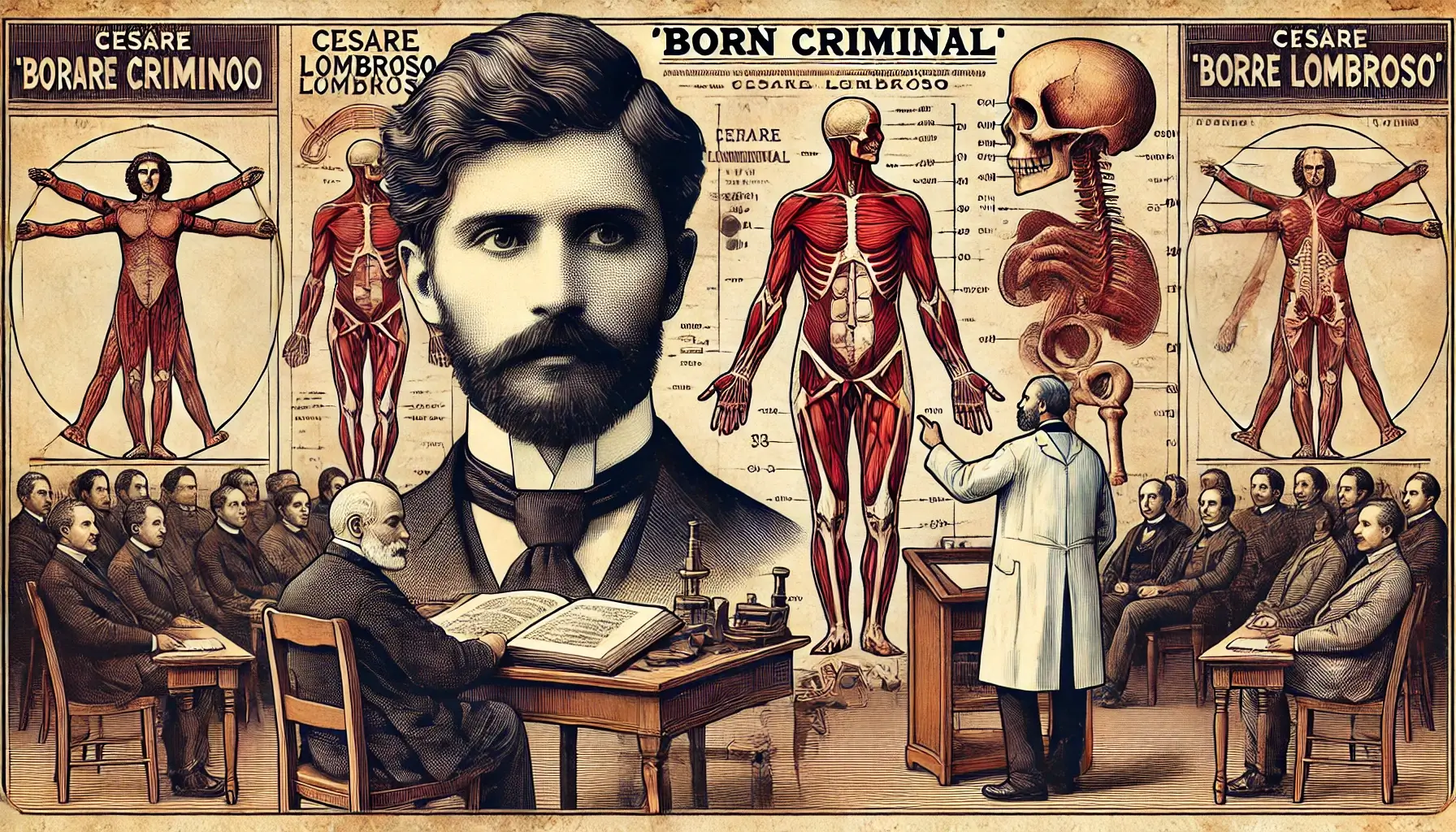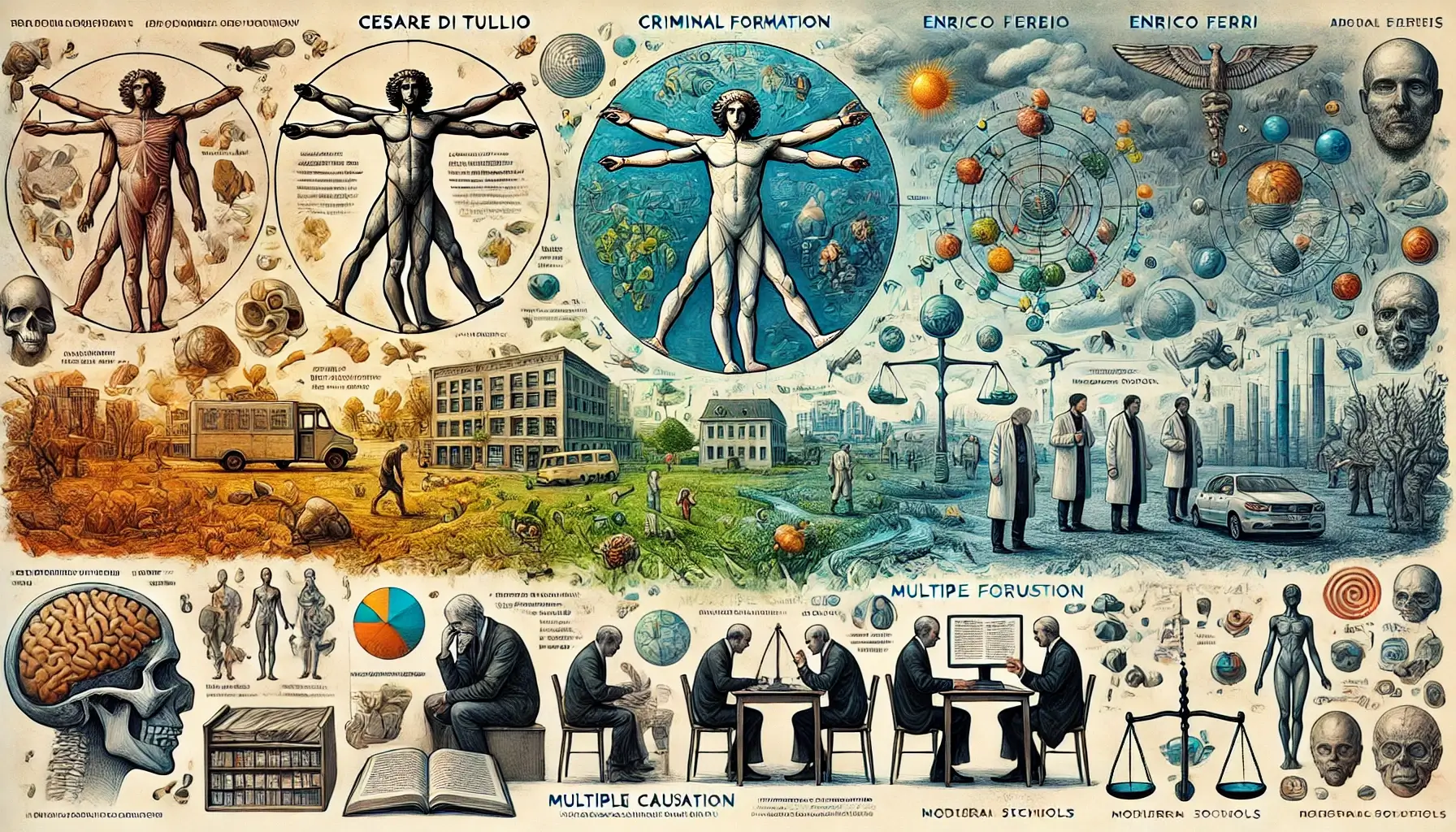The Social Milieu School: Exploring Social Influences on Criminal Behavior
Introduction to The Social Milieu School The Social Milieu School, a critical perspective in criminology, emphasizes the role of social environments in shaping human behavior, particularly criminal tendencies. It proposes that crime is not merely the result of individual pathology or genetic predispositions but is profoundly influenced by the social context in which individuals live. … Read more

